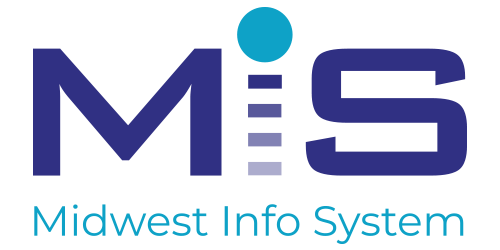Your security is more valuable than a little social media entertainment
When my wife [NAME REDACTED FOR SECURITY REASONS] and I log into our bank account [NAME NOT SHARED FOR SECURITY REASONS] we’re often confronted with a series of “Security Questions,” basically privacy hurdles we have to jump to access our accounts from a different phone or computer.
It’s funny how often neither one of us can remember the name of our first pet (Oh, wait, I never owned one…or did I?), the name of our grade schools, or our early jobs.
Perhaps if we first shared some of these details, at least our #First7Jobs on Twitter, that might help jog our memories, and just think of all the fun we’ll have sharing this information first with 300 million strangers.
That hashtag is real, by the way, trending on Twitter as I write this. I’ll admit, I thought for a moment of going through my early career highlights for my thousands of Twitter followers. I could share the time I worked at [NAME REDACTED FOR SECURITY REASONS] or how I had to handle a dead mouse at [NAME REDACTED FOR SECURITY REASONS]. Before I started composing that tweet, I read some of the comments. More than a few were deriding the over-sharers, reminding them that this information was tantamount to security and privacy details they might use on critical sites. These trends are the equivalent of online Darwin Tests.
If you’ve followed security and privacy media for any amount of time, you know about a thing called “triangulation,” where hackers use a few pieces of disparate information to figure out things like usernames, passwords, and, yes, security questions you use to secure your precious online accounts.
If you’re on social media, a lot of that information is readily available. In addition to your name, I’m sure you’ve shared the names of your spouse, children, their birthdates, your current town, your birthplace, and your current employer. If your email gets leaked through one of the many massive data breaches that happen every month, then your email is probably public knowledge, as well.
My point is, there is already a ton of useful information about your online. Why give away more?
I get it. I love playing on Twitter, sharing old tales of my career, but there are things I keep private, like [REDADECTED FOR SECURITY REASONS] and [REDACTED]. As a semi-public person (my name was in a national magazine as the editor and I do still regularly appear on TV), I kept my wife and me separate on social media and rarely mentioned my kids or shared images of them. They’re grown now and I’m now more firmly connected to my spouse on social media (I did so when she started to expand her online presence).
Do you ever wonder how some of these hashtag trends start on Twitter? Most are, I think, innocent enough, but I’m sure some are cooked up on a hacker’s computer (maybe even a network of them), looking for ways to suck up fresh data from an unsuspecting social media audience.
I’m not perfect in this and am certain I’ve done some (maybe a lot) oversharing. Still, I know that these lists are probably bad news and that the tiny dopamine engagement hit you’ll get from posting your #Frist4Cities #FavoritePetNames, or “#FavoriteColors” isn’t worth the trouble you might encounter later.
Just take it from me and my lovely wife [NAME REDACTED]: Share Less, Secure More.
Source:https://onezero.medium.com/dont-answer-that-hashtag-question-51a05adba34b
